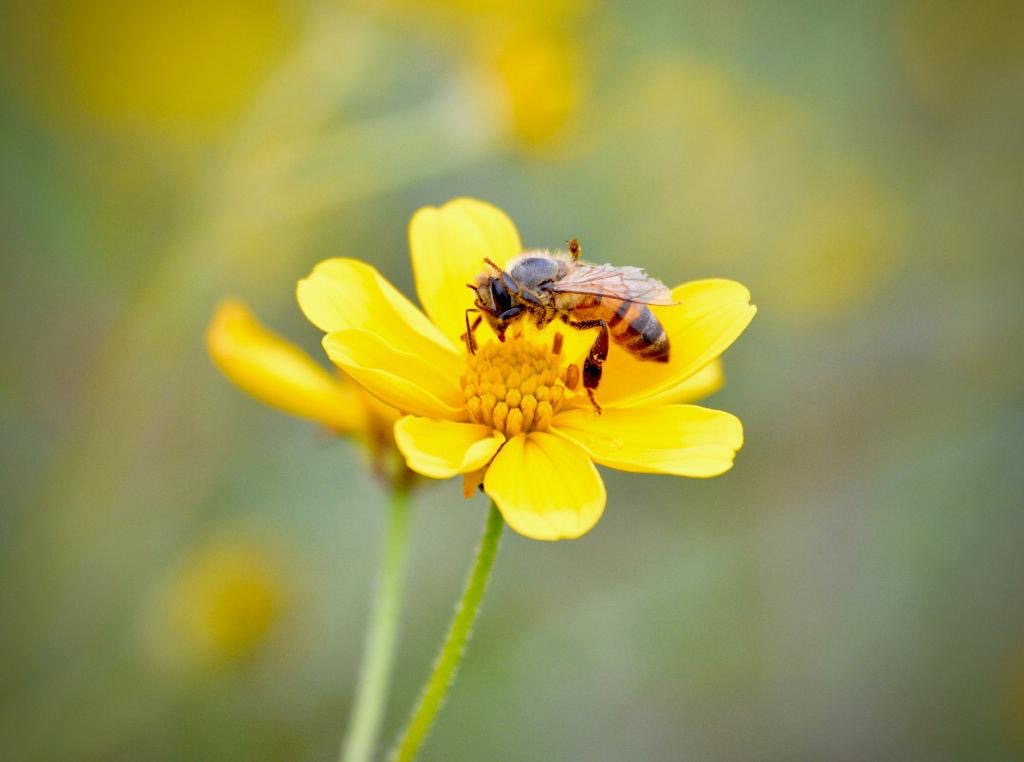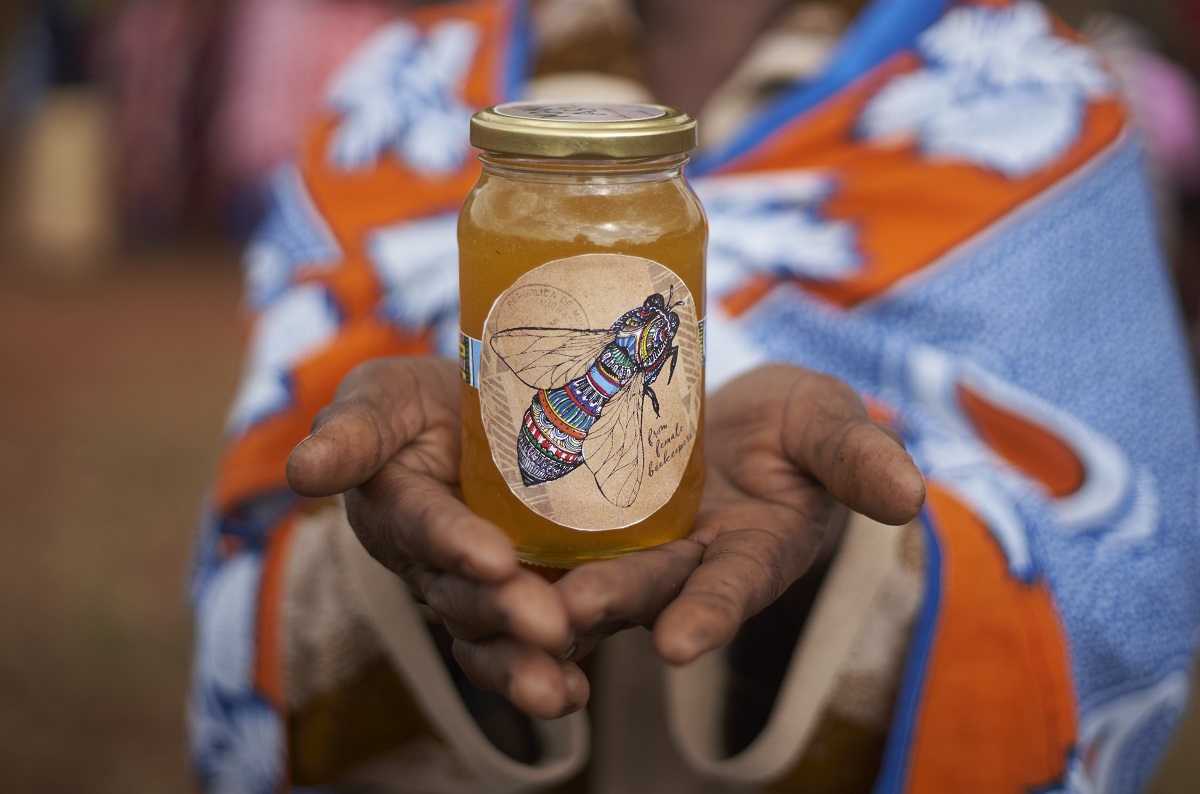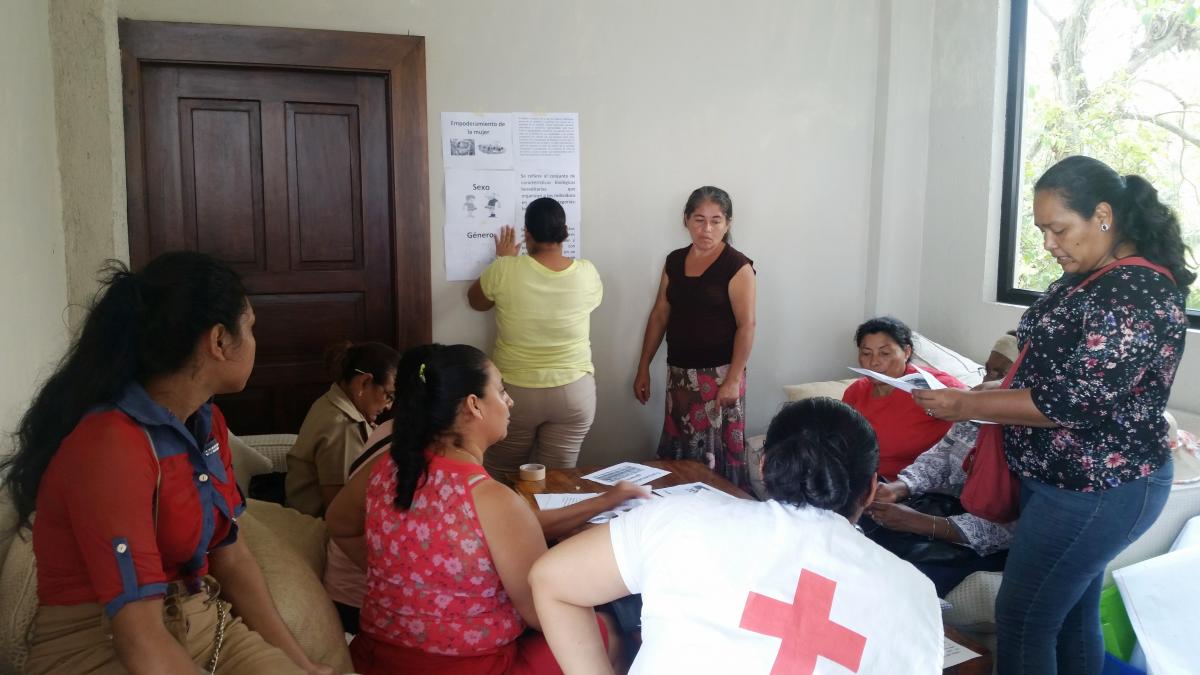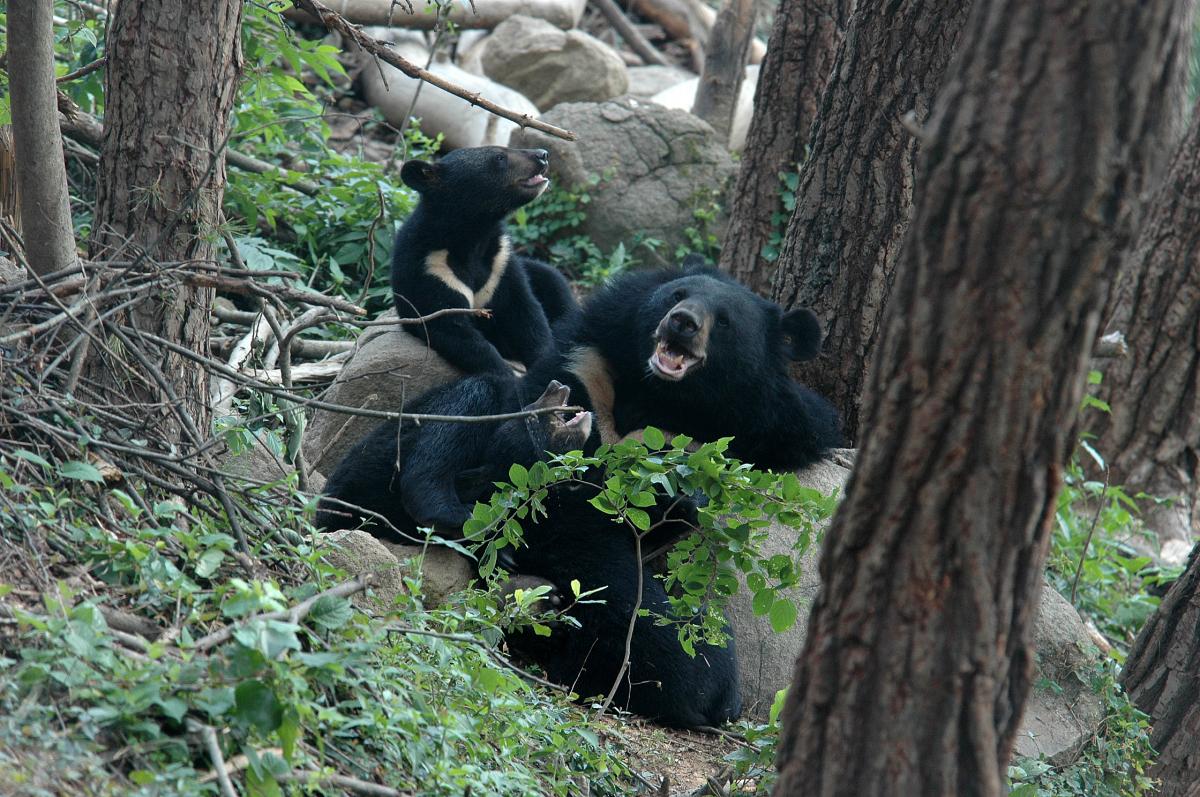Women's beekeeping initiative preserves wildlife in Tanzania
Lions, leopards, and cheetahs — all classified as “Vulnerable” by the IUCN Red List of Threatened Species — face a variety of threats in this region. In Tanzania, more than 1’350 environmentally-friendly beehives containing more than 50 million bees have been hung from trees in an effort that directly protects the vast landscapes these big cats depend on to thrive

Photo: African People & Wildlife-Samson Beah
In Tanzania, more than 1’350 environmentally-friendly beehives containing more than 50 million bees have been hung from trees in an effort that directly protects lions, leopards and cheetahs, all classified as vulnerable by the IUCN Red List of Threatened Species. This project is part of IUCN Save Our Species’ African Wildlife initiative, co-funded by the European Union.
Under Tanzanian law, trees holding beehives cannot be cut down. By placing beehives in strategic locations, the project ensures the conservation of the enormous landscape these big cats rely on to survive.
Win-win model for wildlife and local communities
 Photo: African People & Wildlife-Felipe Rodriguez
Photo: African People & Wildlife-Felipe Rodriguez
More than 1’260 bee-keeping women participate in the project, which also allows them to learn entrepreneurial skills and gain financial independence by selling the honey harvested from the beehives.
The Women’s Beekeeping Initiative from African People & Wildlife represents a win-win model and approach to conservation that should benefit wildlife and local communities for years to come!
IUCN Save Our Species Rapid Action Grant
As a part of the same SOS African Wildlife initiative, IUCN Save Our Species has recently launched a Rapid Action Grant to respond to threats linked to the COVID-19 crisis and its consequences, targeting terrestrial or freshwater threatened species in South Africa. Find out more and how to apply here.



